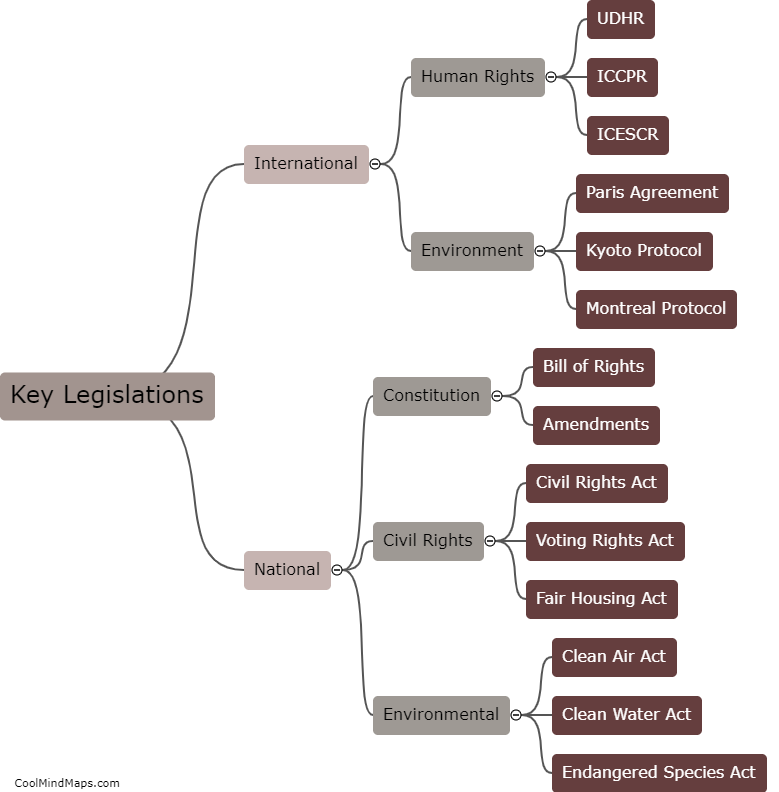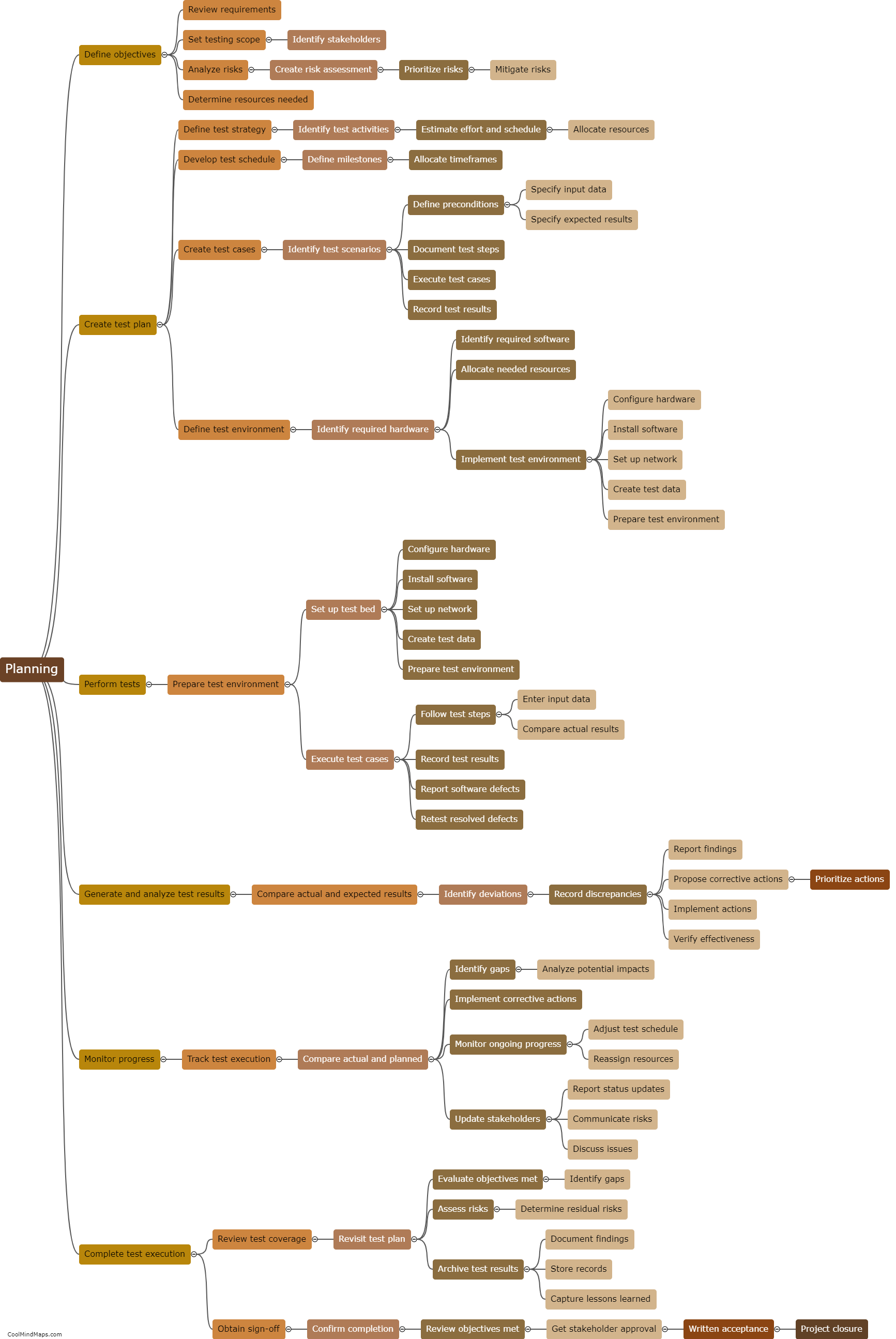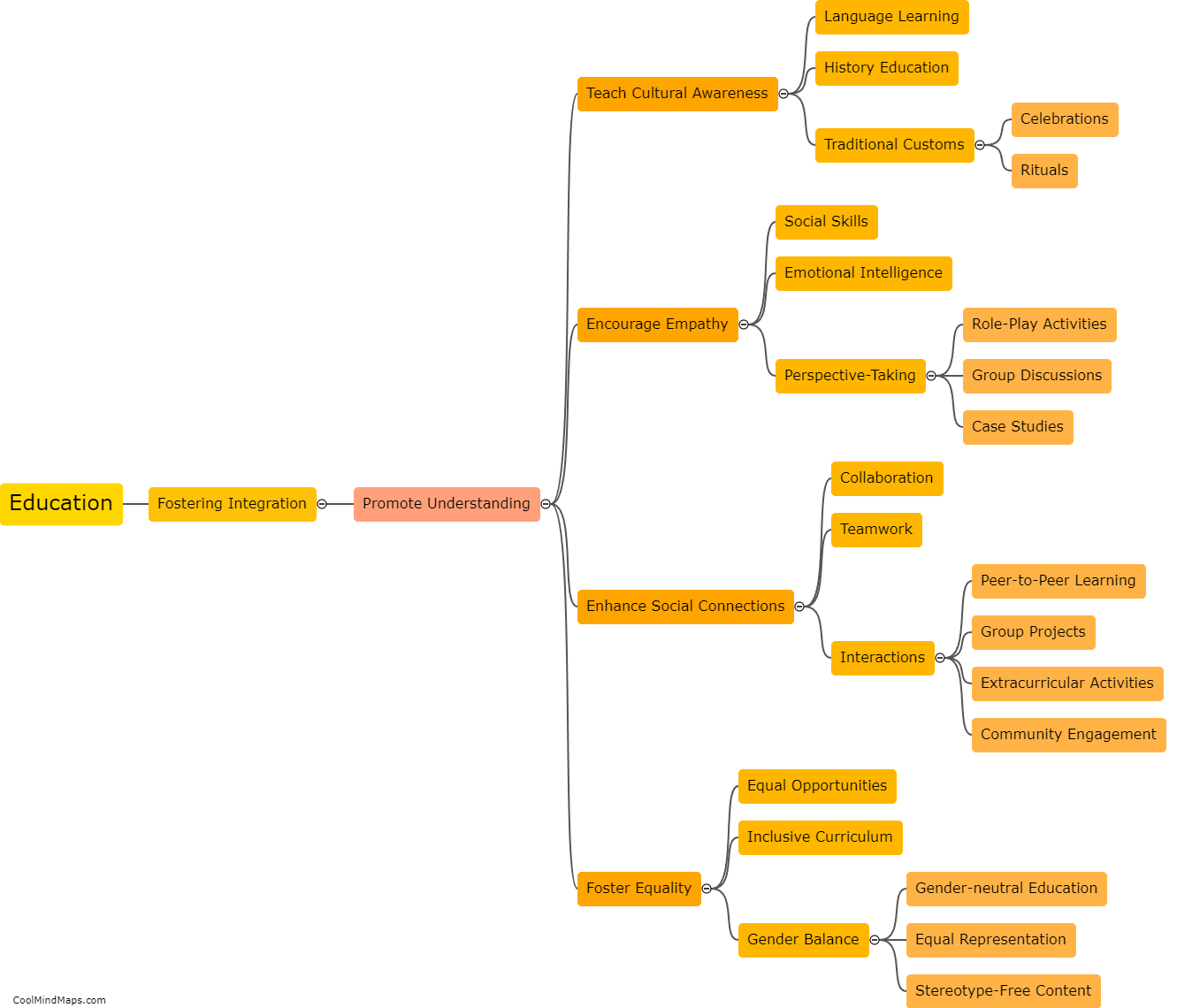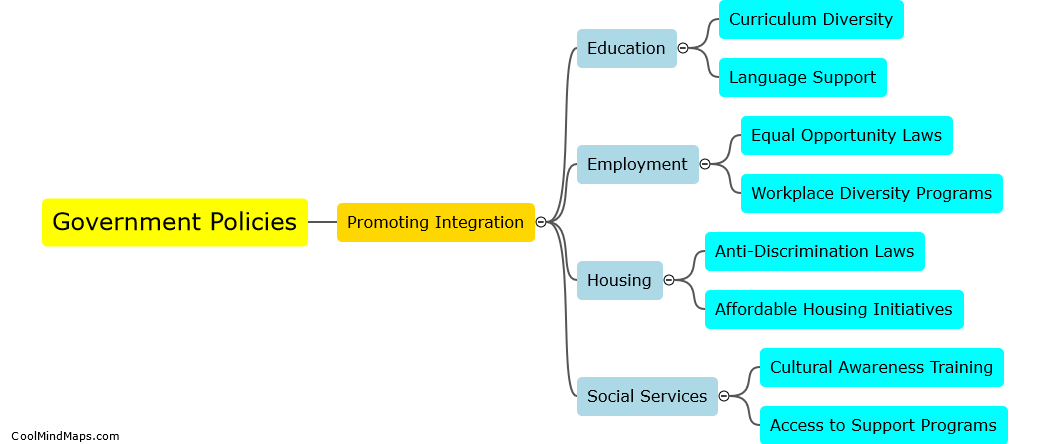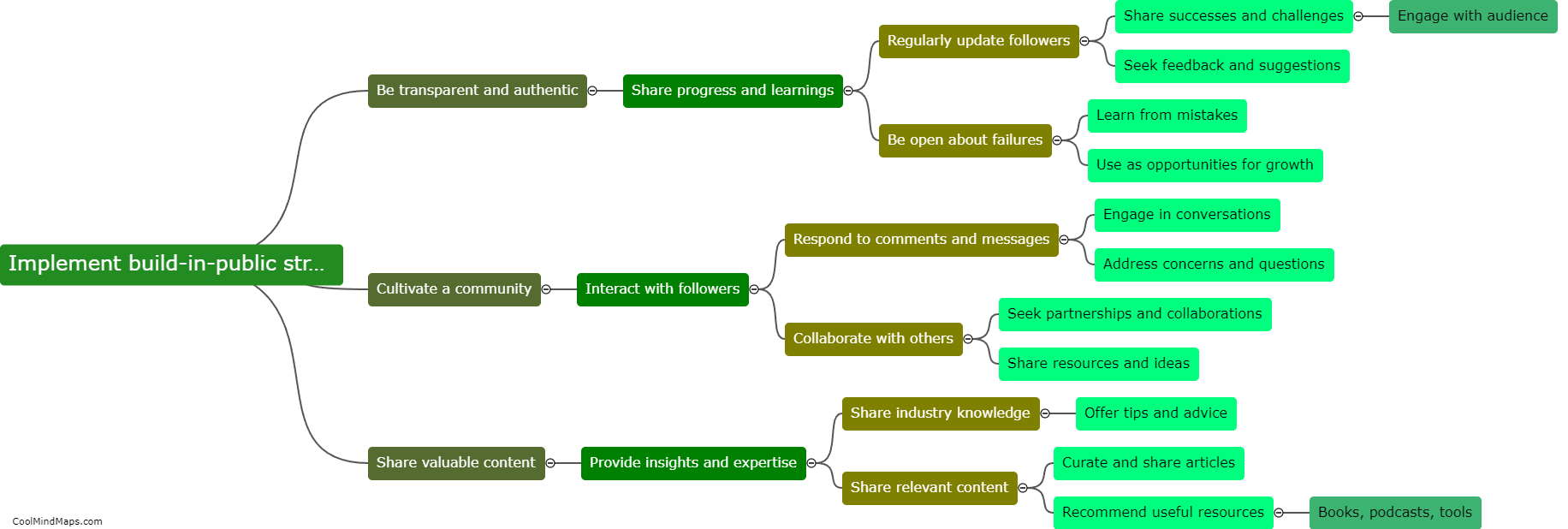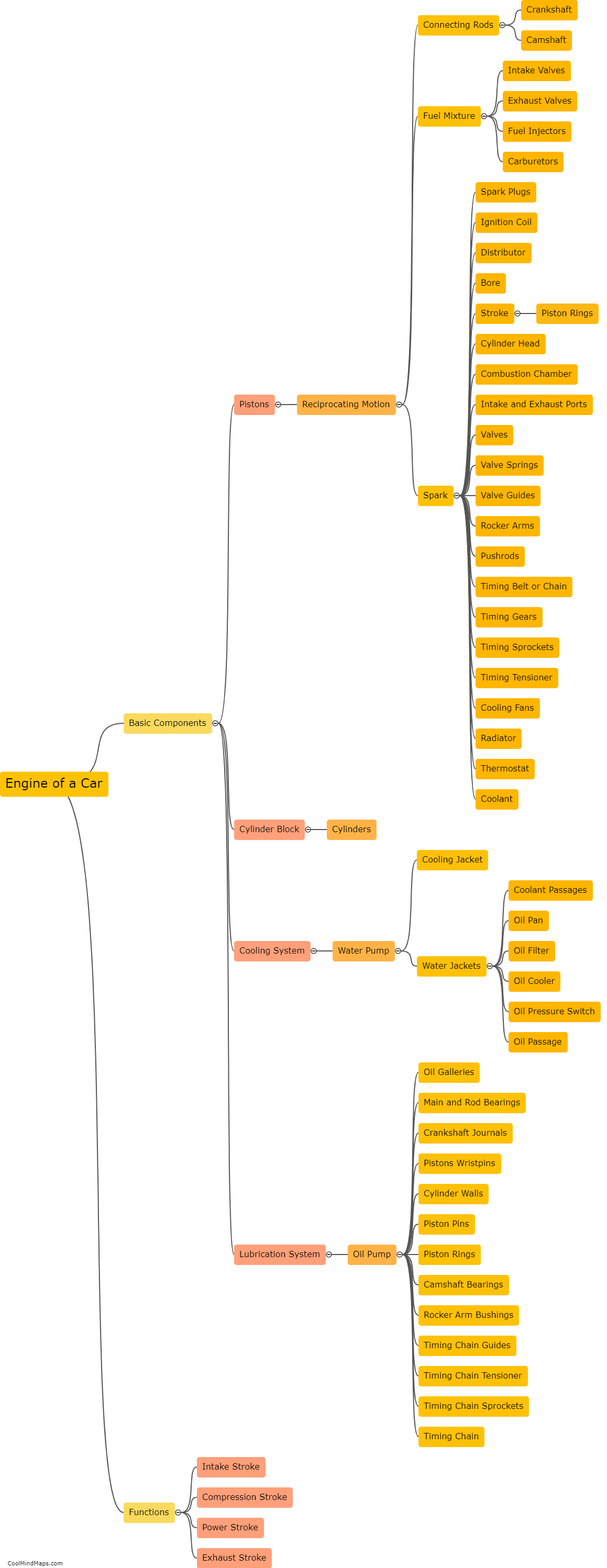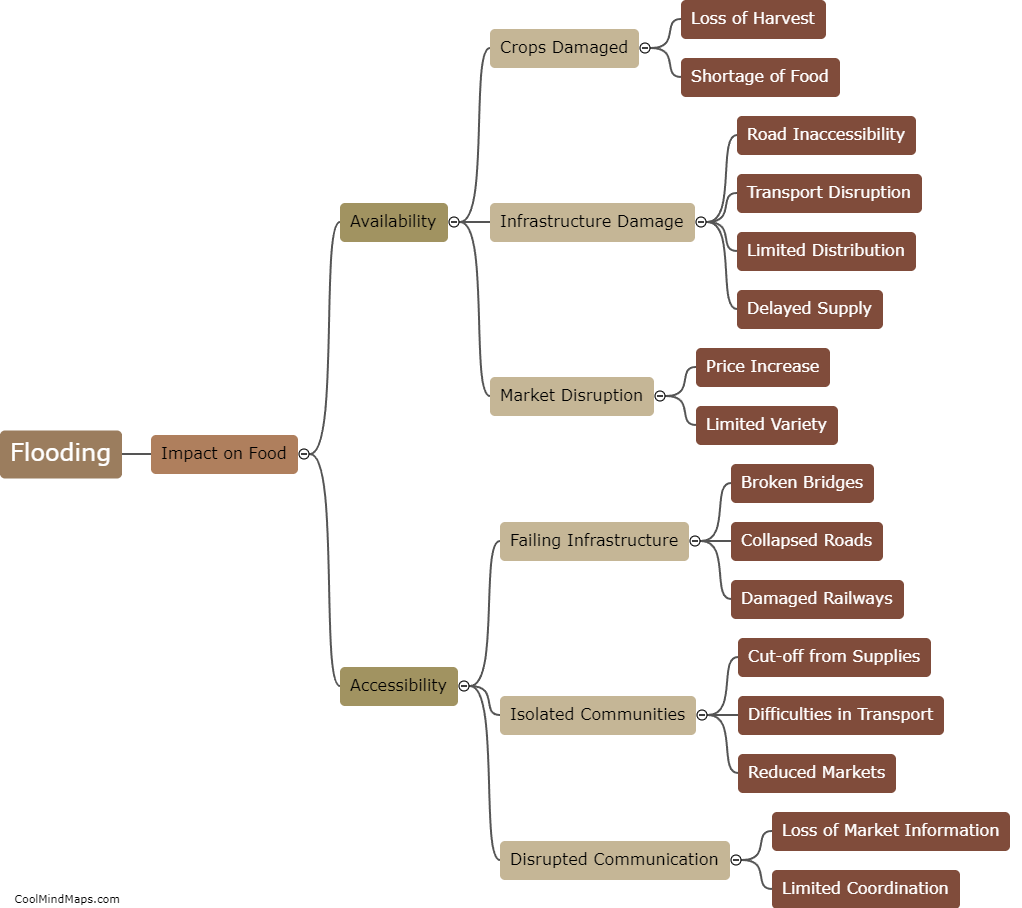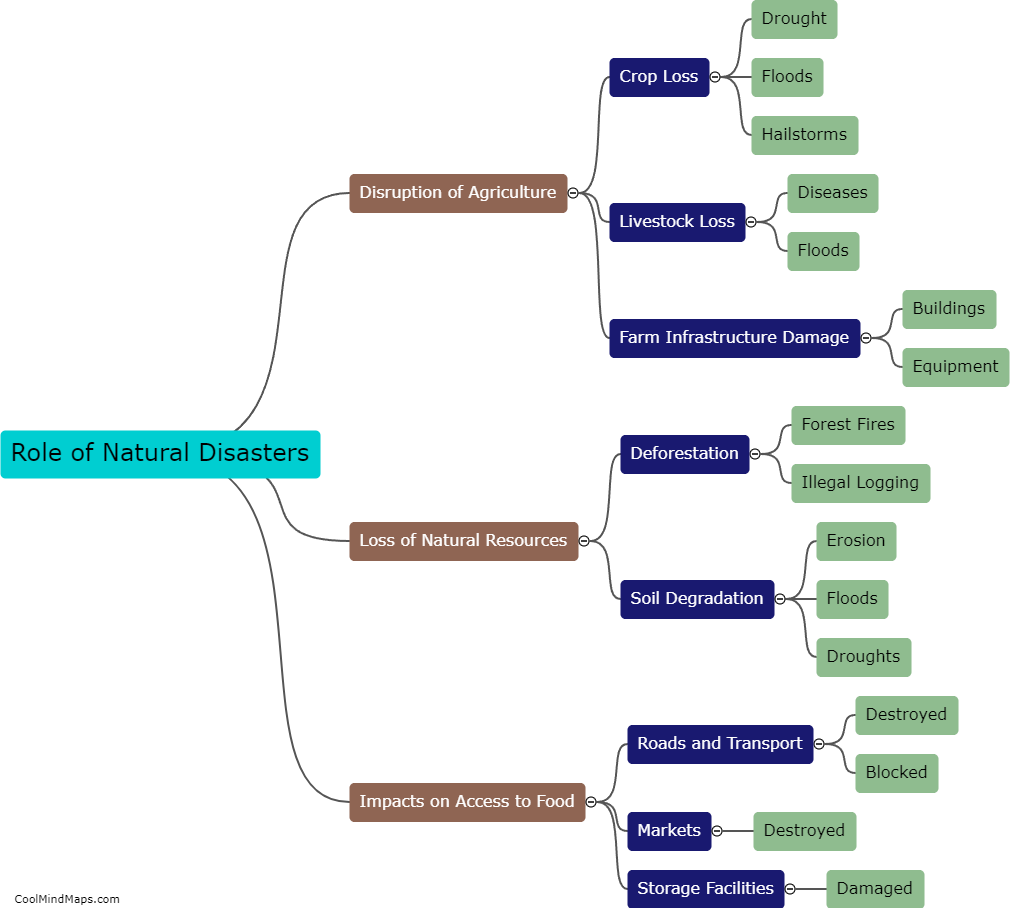How does flooding impact farming in Bolivia?
Flooding in Bolivia has a significant impact on farming, as it disrupts agricultural activities and poses several challenges for farmers. The country's lowland areas, particularly the fertile plains of the Beni region, are prone to seasonal flooding caused by heavy rainfall and the overflow of major rivers. This inundation leads to the loss of crops and livestock, damaging infrastructure and agricultural equipment, which severely affects the livelihoods of farmers. Floodwaters also carry sediment and pollutants, contaminating the soil and making it less fertile for cultivation in subsequent seasons. Moreover, the standing water can foster the proliferation of pests and diseases, further exacerbating the agricultural damage. The recurrent nature of these floods in Bolivia makes it crucial for farmers to implement effective adaptation strategies and resilient farming practices to lessen the detrimental impact of flooding on their agricultural activities.
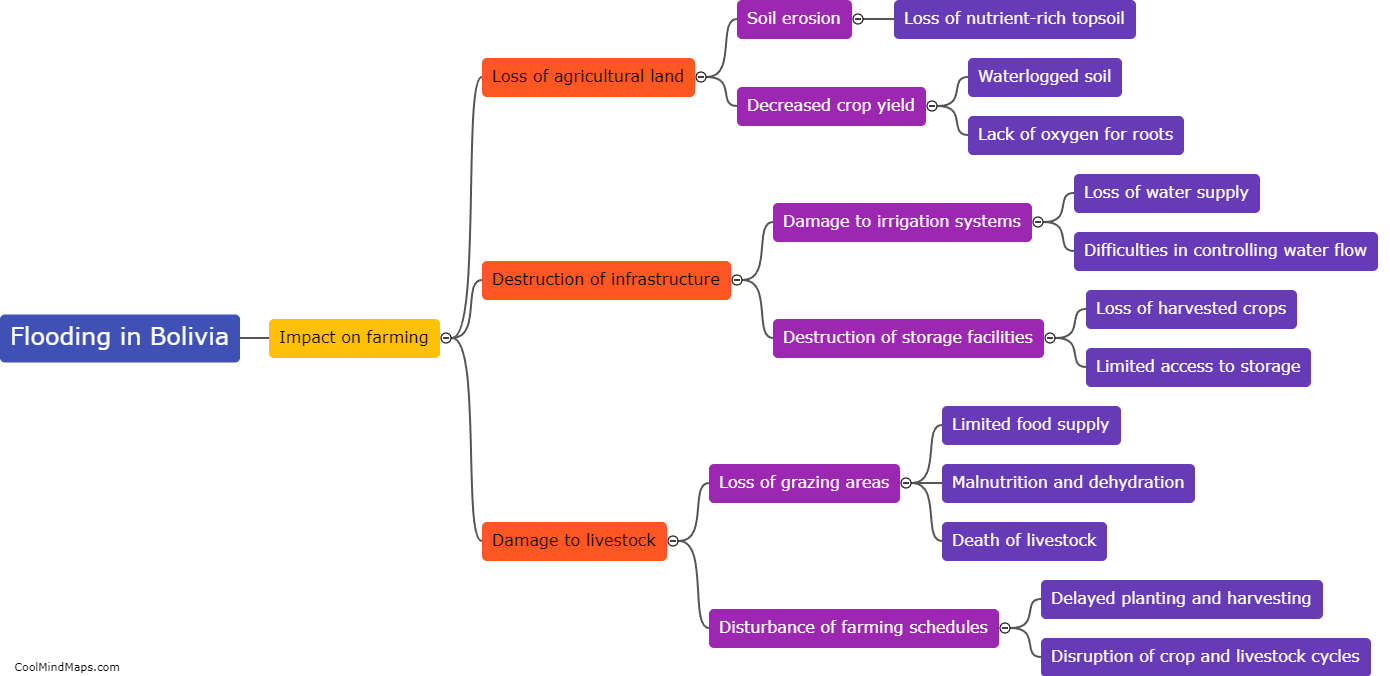
This mind map was published on 30 August 2023 and has been viewed 108 times.
